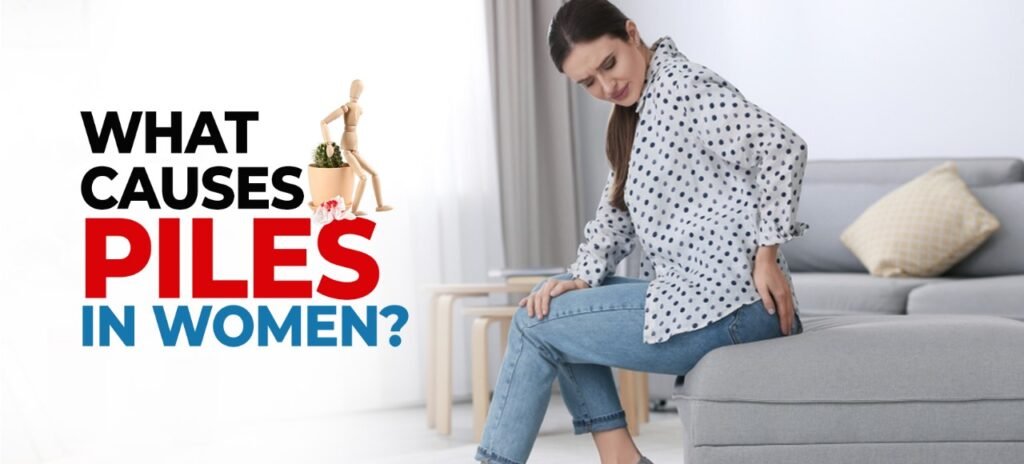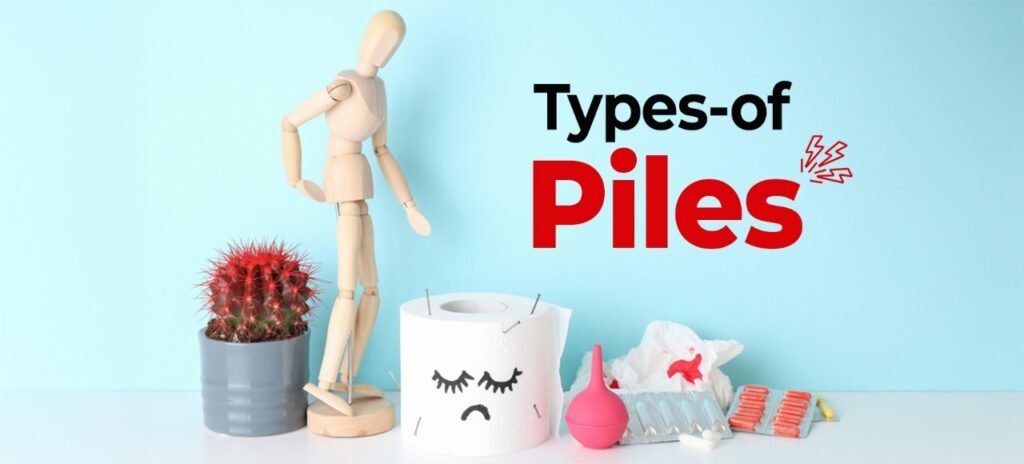Thrombosed haemorrhoids treatment
What Are Thrombosed Haemorrhoids or Piles? Haemorrhoids, commonly known as piles, are swollen veins in the rectal or anal area. When a haemorrhoid develops a blood clot, it becomes a thrombosed haemorrhoid, a painful condition that can significantly impact daily life. Understanding thrombosed haemorrhoids treatment, symptoms, causes, and available solutions is crucial for those seeking relief What Are Thrombosed Haemorrhoids? Thrombosed haemorrhoids occur when a blood clot forms inside a haemorrhoid, typically in external piles. This leads to a hard, painful lump near the anus, often accompanied by swelling, tenderness, and sometimes bleeding. A thrombosed external haemorrhoid may appear bluish or purplish due to the trapped blood, and the pressure can cause sharp, intense pain. The significance of thrombosed haemorrhoids lies in the fact that they are not just a discomfort but can interfere with sitting, walking, or even passing stool. They require timely evaluation by a piles surgeon in Chembur or a specialized doctor to prevent complications. Causes of Thrombosed Haemorrhoids Several factors contribute to the causes of thrombosed haemorrhoids. Common triggers include: Chronic constipation or straining during bowel movements Prolonged sitting, especially on hard surfaces Heavy lifting or intense physical exertion Pregnancy, due to increased pressure on pelvic veins Obesity, which adds strain to anal blood vessels People often visit a piles clinic in Chembur when they experience persistent symptoms or when home remedies fail. Recognizing the root cause is essential to prevent recurrence. Thrombosed Haemorrhoid Symptoms The thrombosed haemorrhoid symptoms are distinct and hard to ignore. They typically include: Sudden onset of severe pain around the anus A firm, painful lump or swelling near the anal opening Discomfort while sitting or walking Itching or irritation around the anus Dark or bluish skin over the haemorrhoid Bleeding, particularly during or after passing stool If you notice these thrombosed piles symptoms, it’s advisable to consult a piles surgeon promptly. While some cases resolve on their own, others may need medical intervention. Understanding Grades of Thrombosed Haemorrhoids Haemorrhoids are classified into grades based on severity. Grade 2 thrombosed haemorrhoids: Prolapse (bulge) out during straining but go back inside on their own. Grade 4 thrombosed haemorrhoids: Permanently prolapsed and cannot be pushed back; they often present with severe pain, swelling, and thrombosis. Understanding the difference between grade 2 & grade 4 thrombosed haemorrhoids treatments is essential because the approach varies. While grade 2 may respond to conservative treatment, grade 4 often requires surgical intervention by an expert at a piles clinic in Chembur. Treatment Options for Thrombosed Haemorrhoids Thrombosed haemorrhoids can range from home care to advanced surgical solutions. Some common approaches include: Home Remedies: Sitz baths (warm water baths), cold compresses, and over-the-counter pain relievers help relieve discomfort in minor cases. Medications: Topical creams, ointments, and oral painkillers may reduce swelling and pain. Incision and Drainage: For large, extremely painful external haemorrhoids, a minor surgical procedure may be done under local anesthesia to drain the clot. Surgical Options: For recurrent or severe cases, procedures like haemorrhoidectomy (surgical removal of haemorrhoids) or rubber band ligation are performed by a piles surgeon It’s important to seek expert advice at a reputed clinic in Chembur for tailored treatment, especially if symptoms persist or worsen. Why Early Treatment Matters Ignoring thrombosed can lead to complications like increased swelling, infection, or ulceration of the haemorrhoid. Timely diagnosis and intervention by a skilled piles surgeon ensure faster recovery and prevent repeated episodes. Additionally, managing the causes of thrombosed haemorrhoids — such as improving bowel habits, increasing fiber intake, staying hydrated, and avoiding excessive straining — plays a critical role in long-term management. Significance of Thrombosed Haemorrhoids The thrombosed haemorrhoids extends beyond physical pain. They can severely impact a patient’s quality of life, causing embarrassment, anxiety, and limitations in daily activities. That’s why consulting a specialist at a trusted piles clinic ensures both physical and emotional support during the recovery process. Patients often express relief after learning that with proper care haemorrhoid symptoms can be effectively managed, and recurrence can be minimized. Prevention Tips To reduce the risk of developing external haemorrhoids, consider the following: Maintain soft stools by eating a high-fiber diet (fruits, vegetables, whole grains). Drink plenty of water to stay hydrated. Avoid prolonged sitting, especially on the toilet. Exercise regularly to improve bowel movement. Use the bathroom as soon as you feel the urge, avoiding straining or delaying. If you’ve had past issues, visiting a piles clinic for periodic check-ups can help catch problems early. When to Visit a Piles Clinic You should consult a piles clinic if you experience: Severe, sudden anal pain or swelling Persistent bleeding during or after bowel movements Recurrent haemorrhoid episodes despite home care Difficulty sitting or walking due to anal discomfort An experienced piles surgeon can accurately assess your condition and recommend whether conservative management or surgical treatment is needed. Grade 2 & Grade 4 Thrombosed Haemorrhoids Treatments For grade 2 & grade 4 thrombosed haemorrhoids, the approach differs significantly: Grade 2: Conservative care, dietary changes, and office-based procedures like rubber band ligation or sclerotherapy. Grade 4: Surgical procedures such as haemorrhoidectomy or stapled haemorrhoidopexy, often performed by a skilled piles surgeon, are usually required. Choosing the right piles clinic ensures access to modern techniques, pain management, and post-treatment care. Conclusion Thrombosed haemorrhoids are a painful but treatable condition. With the right thrombosed haemorrhoids, you can achieve symptom relief, prevent complications, and regain your comfort. Whether you’re dealing with external haemorrhoids, persistent thrombosed, or advanced-grade haemorrhoids, expert guidance is key. If you’re in Chembur, consult the top Laser Pile Surgery in Chembur and meet with a qualified piles surgeon for a thorough evaluation and tailored treatment plan. Don’t let haemorrhoid pain control your life — take the first step toward better health today. Google Map




